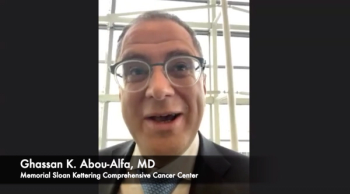
The combination of tremelimumab plus durvalumab improved survival for patients with unresectable hepatocellular carcinoma in the phase 3 HIMALAYA trial.

Your AI-Trained Oncology Knowledge Connection!

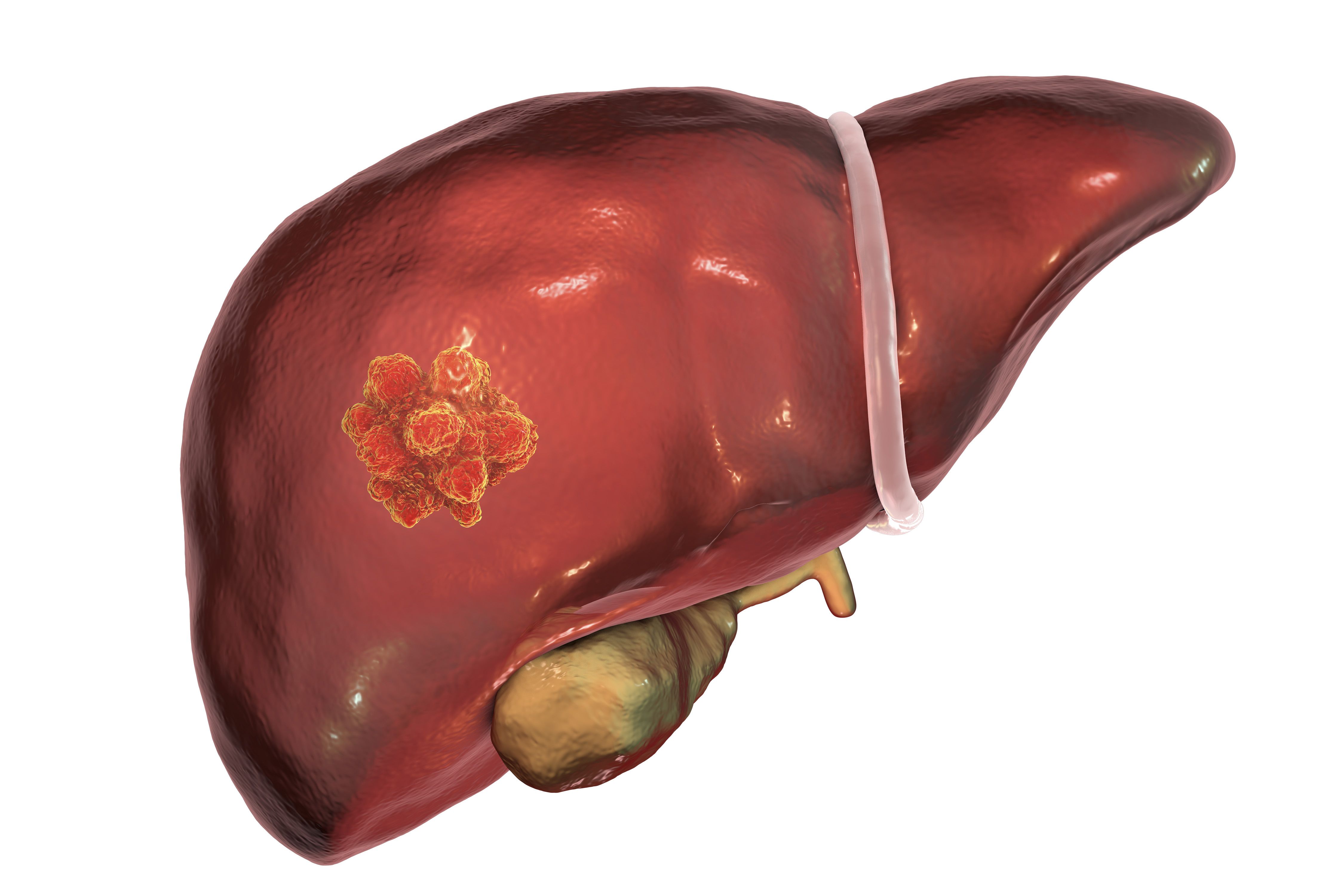

The combination of tremelimumab plus durvalumab improved survival for patients with unresectable hepatocellular carcinoma in the phase 3 HIMALAYA trial.

Ghassan K. Abou-Alfa, MD, examined the trial design of the phase 3 HIMALAYA trial of tremelimumab plus durvalumab for frontline hepatocellular carcinoma, with results presented at the 2022 Gastrointestinal Cancers Symposium.

Ghassan K. Abou-Alfa, MD, detailed the evolution of treatment options for unresectable hepatocellular carcinoma prior to the phase 3 HIMALAYA study and the reasons for launching the trial.

Patients with recurrent hepatocellular carcinoma after liver transplantation were treated with lenvatinib and saw promising efficacy.

Patients with advanced hepatocellular carcinoma achieved notable improvements in survival and responses following treatment with transarterial chemoembolization and lenvatinib.
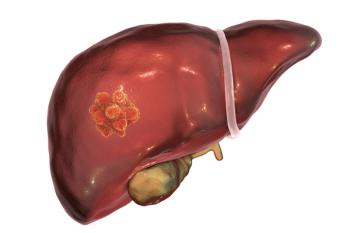
A safe and tolerable treatment option of transarterial chemoembolization combined with lenvatinib plus sintilimab was given to patients with hepatocellular carcinoma.

Using transarterial chemoembolization, lenvatinib, and PD-1 checkpoint blockade in patients with unresectable advanced hepatocellular carcinoma appears to be a safe and effective option.
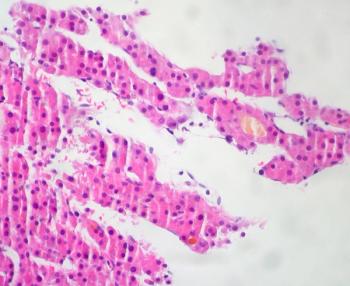
A multicenter study found that using lenvatinib for initial treatment helped to increase survival in patients with stage B2 hepatocellular carcinoma.
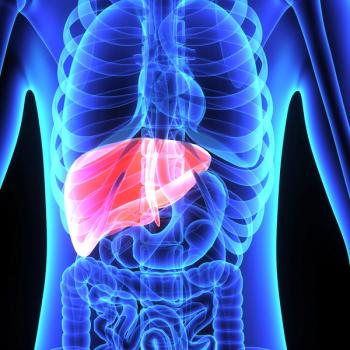
Patients with advanced hepatocellular carcinoma achieved a statically significant and clinically meaningful survival benefit following treatment with pembrolizumab and best supportive care in the second line.

Patients with unresectable hepatocellular carcinoma received an overall survival benefit following first-line treatment with durvalumab (Imfinzi) and tremelimumab.

FDA fast track designation comes based on overall survival improvements from a phase 1 trial investigating LioCyx-M004 infusions in primary HBV-related hepatocellular carcinoma.

Patients with locally advanced or metastatic biliary tract cancer who received either ramucirumab or merestinib in addition to standard first-line cisplatin and gemcitabine did not experience further survival benefit, although safety remained tolerable.

A retrospective review found that external-beam radiation therapy has been underutilized as a bridging therapy in patients with hepatocellular carcinoma seeking transplant, although its prevalence has increased over the past decade.
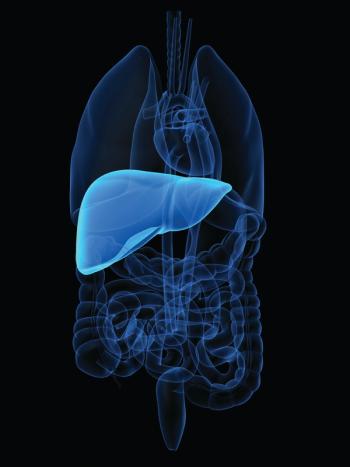
Patients with unresectable hepatocellular carcinoma appeared to benefit from treatment with durvalumab and tremelimumab, according to findings from the phase 3 HIMALAYA trial.
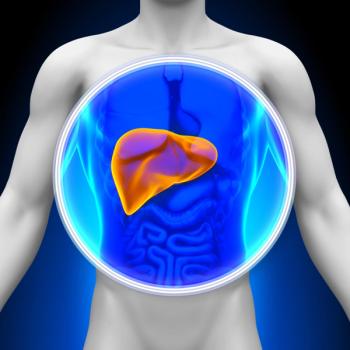
Tremelimumab plus durvalumab demonstrated encouraging safety and efficacy data compared with single agent durvalumab and tremelimumab in patients with unresectable hepatocellular carcinoma.
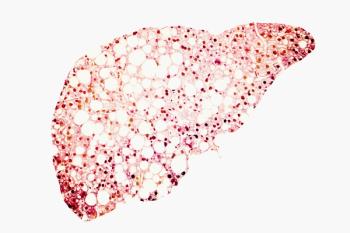
Patients with advanced hepatocellular carcinoma who received prior treatment with sorafenib appear to benefit from treatment with pembrolizumab and best supportive care.

Patients with HER2-positive, metastatic biliary tract cancer experienced promising responses and a tolerable safety profile following treatment with pertuzumab plus trastuzumab.

The NovoTTF-200T System was given a breakthrough designation by the FDA as treatment strategy that may work in conjunction with bevacizumab and atezolizumab to treat patients with advanced liver cancer.

Ivosidenib has received approval from the FDA for patients with IDH1-mutated cholangiocarcinoma.

The prospective observational Precision1 cohort study will integrate imaging technology with actionable whole genome sequencing in patients with primary and secondary liver cancer.

Patients with unresectable hepatitis B virus–positive hepatocellular carcinoma have achieved significantly better overall survival and progression-free survival following treatment with sintilimab plus IBI305 vs sorafenib.